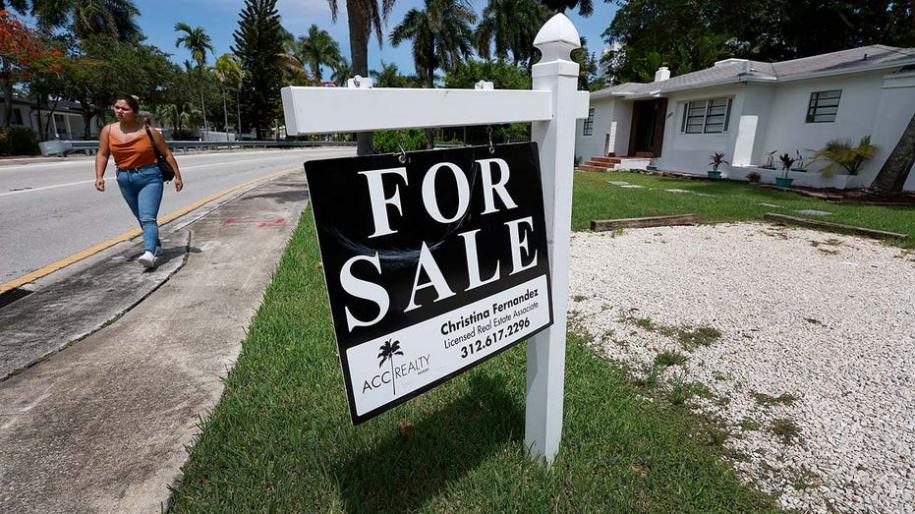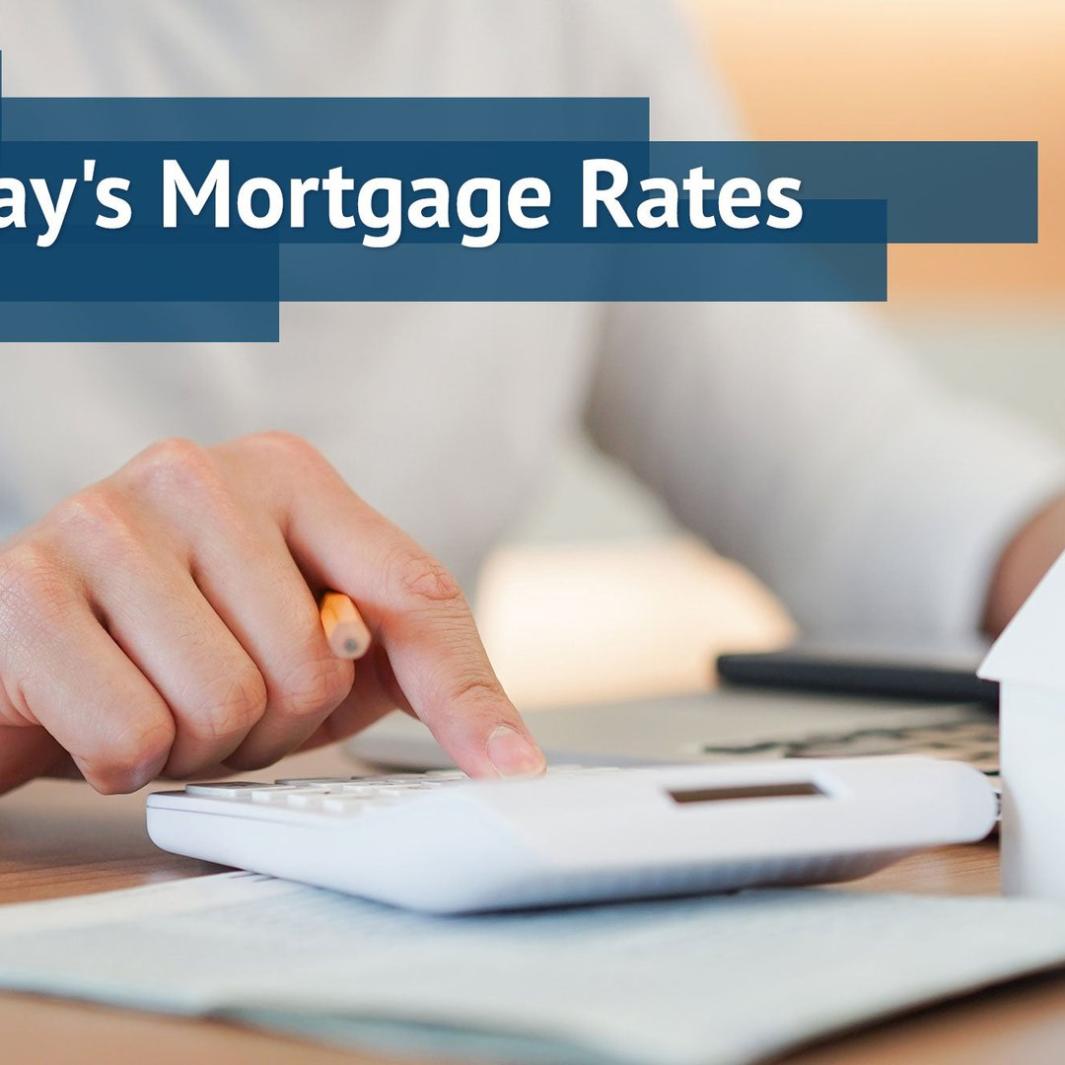What are the Risks Associated with Taking Out a Mortgage?
A mortgage is a loan taken out to purchase real estate, typically a residential property. It is a common financial instrument used to finance the purchase of a home, with the property itself serving as collateral for the loan. Mortgages are prevalent in real estate transactions, allowing individuals and families to acquire property without paying the full purchase price upfront.

While mortgages offer a pathway to homeownership, they also carry certain risks that borrowers should carefully consider before committing to a loan.
Types Of Mortgage Risks
1. Credit Risk:
- A borrower's credit score and history play a significant role in determining the terms of their mortgage.
- Poor credit can result in higher interest rates, stricter lending criteria, and limited loan options.
2. Interest Rate Risk:
- Mortgages come with different types of interest rates: fixed, adjustable, and hybrid.
- Fixed-rate mortgages offer stability in monthly payments, while adjustable-rate mortgages (ARMs) can fluctuate over time, potentially leading to higher costs.
3. Prepayment Risk:
- Some mortgages carry prepayment penalties, which are fees charged to borrowers who pay off their loan early.
- Prepayment penalties can be a deterrent for borrowers who want to pay off their mortgage faster or sell their property before the loan term ends.
4. Default Risk:
- Default occurs when a borrower fails to make their mortgage payments, leading to potential foreclosure and loss of property.
- Factors such as job loss, unexpected financial hardship, or overextending financially can increase the likelihood of default.
Assessing Your Mortgage Risk
Before taking out a mortgage, it is crucial to carefully evaluate your financial situation to assess your risk profile.
- Consider your income, expenses, and debt-to-income ratio (DTI).
- Calculate your DTI by dividing your monthly debt payments by your gross monthly income.
- Lenders typically prefer a DTI below 36% for conventional loans.
Mitigating Mortgage Risks
There are strategies to reduce mortgage risks and protect your financial well-being.
1. Managing Credit Risk:
- Improve your credit score by paying bills on time, reducing debt, and maintaining a low credit utilization ratio.
- Build a strong credit history by establishing a track record of responsible borrowing and repayment.
2. Managing Interest Rate Risk:
- Consider fixed-rate mortgages for stability in monthly payments, especially if you prefer predictability.
- Explore adjustable-rate mortgages (ARMs) if you are comfortable with the potential for lower initial rates and are willing to accept the risk of future rate increases.
- Consider interest rate caps or buydowns to limit potential rate increases.
3. Avoiding Prepayment Penalties:
- Choose a mortgage product without prepayment penalties or negotiate with the lender to waive or reduce these fees.
- Consider a shorter loan term to pay off your mortgage faster and avoid prepayment penalties altogether.
4. Minimizing Default Risk:
- Create a realistic budget that accounts for your mortgage payments, other expenses, and potential emergencies.
- Build an emergency fund to cover unexpected expenses and avoid dipping into your mortgage payments.
- Consider mortgage insurance to protect your lender in case of default.

Taking out a mortgage is a significant financial commitment that carries certain risks. By understanding the types of mortgage risks, assessing your financial situation, and implementing strategies to mitigate these risks, you can make an informed decision about whether homeownership is the right choice for you and take steps to protect your financial well-being.
Consulting with financial advisors or mortgage professionals can provide personalized guidance and help you navigate the mortgage process with confidence.
YesNo

Leave a Reply